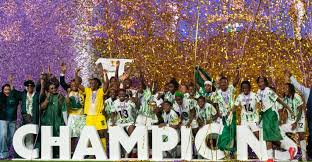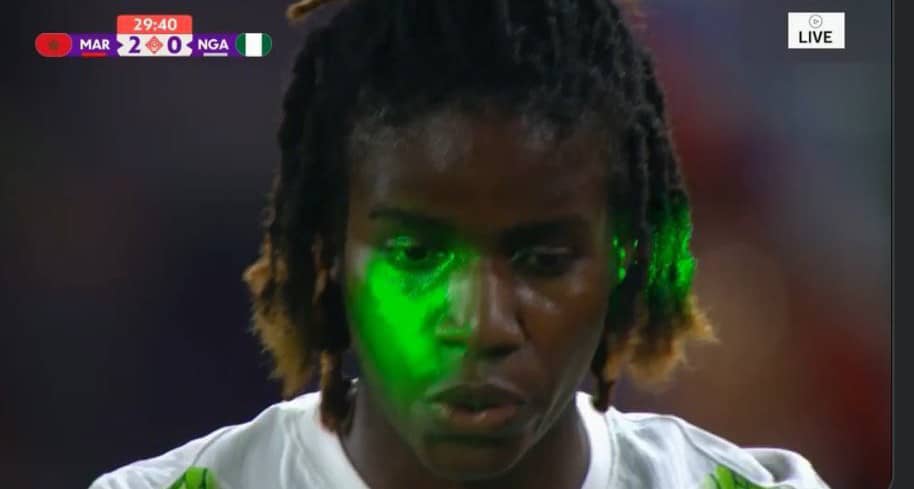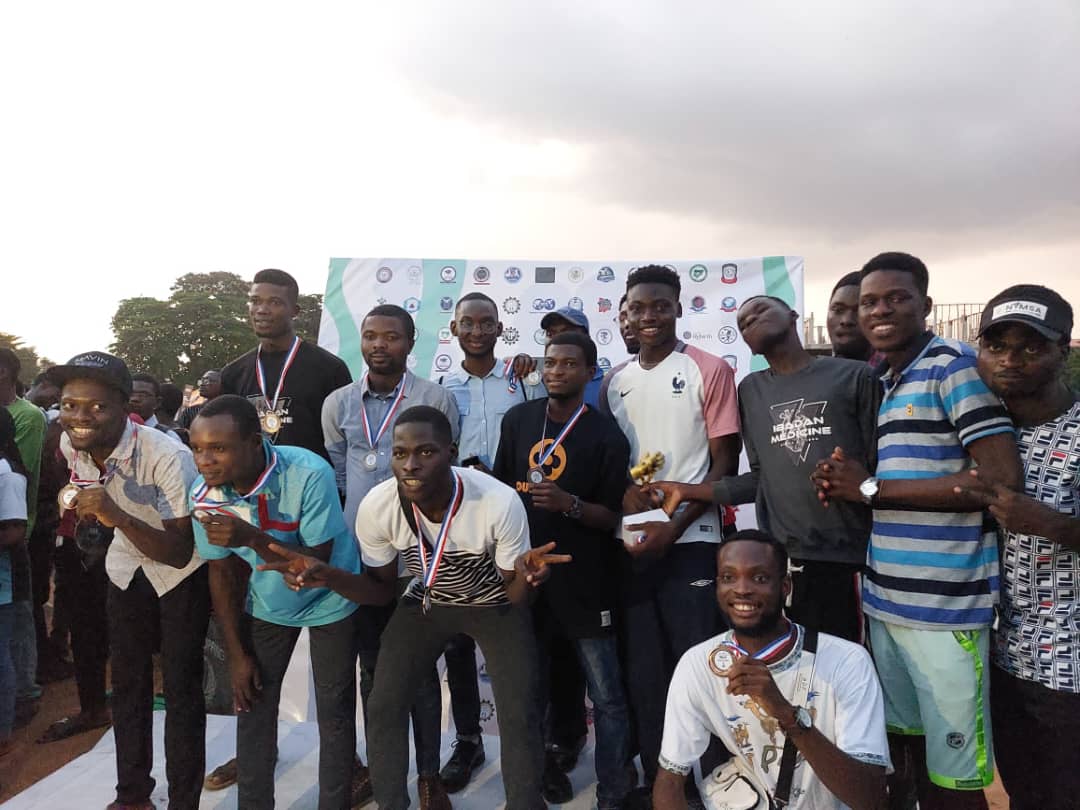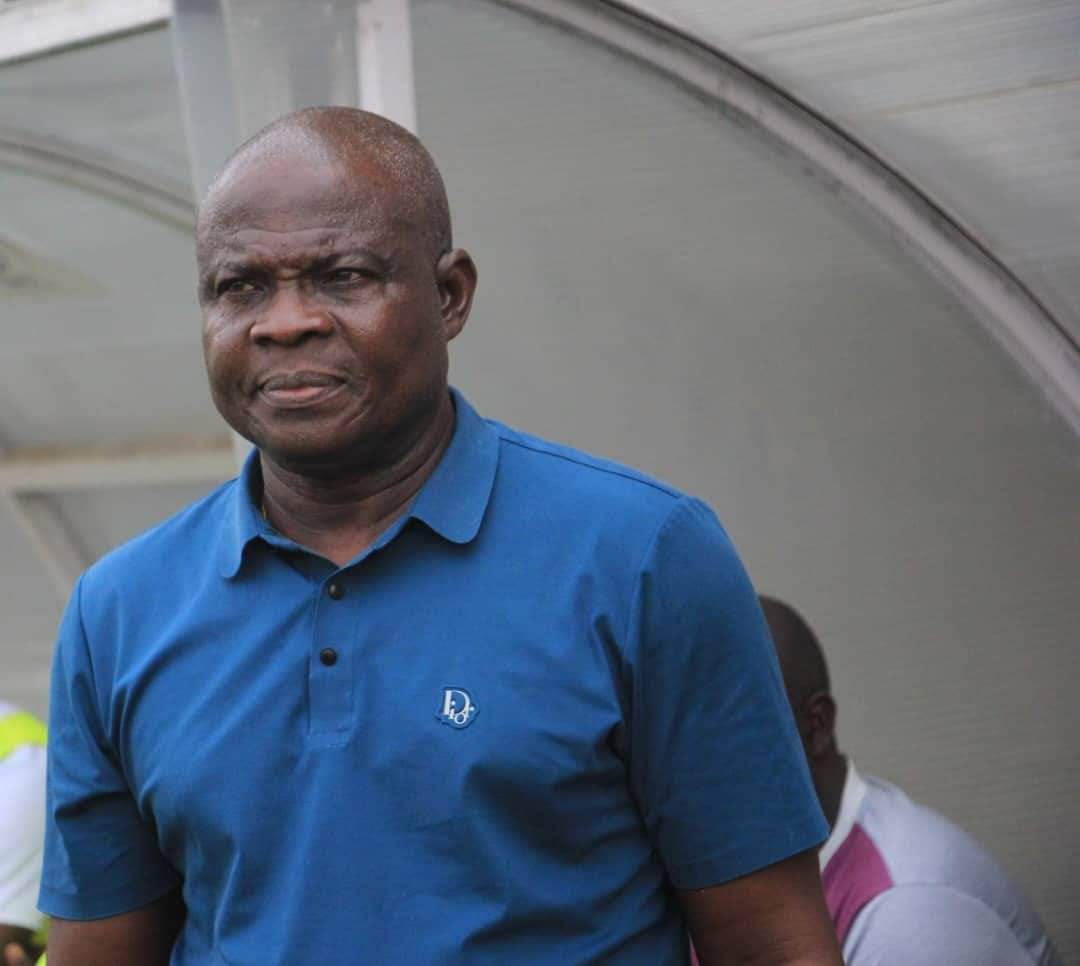Super Falcons: Mission X Accomplished

On the 26th of July, 2025, the Super Falcons of Nigeria lifted their 10th Women’s African Cup of Nations (WAFCON) trophy. This was particularly exciting because the last time they won was in the 2018 edition of WAFCON. Also, they beat all the teams they lost to in the last edition of the WAFCON—Zambia, South Africa, and Morocco. The 2022 edition was one to forget, as the Super Falcons finished with no medal after losing the semifinal and third-place fixtures to Morocco and Zambia, respectively. That particular campaign was marked by several flaws and distractions: Rasheedat Ajibade and Halimatu Ayinde were both sent off 5 minutes apart during the semifinal match against Morocco, former captain Onome Ebi suffered a hamstring injury, and the players skipped three training sessions, protesting unpaid allowances.
After the competition, Randy Waldrum continued building the team, relying on Nigerian players in foreign clubs like Michelle Alozie, Toni Payne, Deborah Abiodun, and Ashleigh Plumptre. Although their introduction improved the team on many levels, it was hugely criticised due to the exclusion of locally based players. Waldrum would later silence his skeptics at the 2023 World Cup after beating Australia by 3 goals to 2 in one of the biggest upsets and forcing world number 5, England, to penalties. The team lost, but it was an outing that surpassed fans’ expectations. After the competition, one thing was apparent to all fans: the team had a formidable defence, but the attack lacked creativity and flair. This became apparent again at the Olympics as Nigeria conceded only one goal each against Brazil and Spain. In fact, Spain needed a late goal from Alexia Putellas to beat Nigeria. Waldrum tried to bolster the attack by involving Ihezuo and Echegini more in the affairs of the team, but he couldn’t complete his project.
After Waldrum’s resignation in September 2024, citing his wife’s health issues, Justin Madugu, a home-based coach, took the reins. Madugu transformed the team’s attack, introducing a merit-based approach where no position was guaranteed. He gave young talents like Esther Okoronkwo, Folashade Ijamilusi, and Rinsola Babajide opportunities to shine, alongside inviting home-based players. This fresh approach revitalised the team, reducing reliance on veterans. With renewed optimism, the team entered the competition with high hopes for success.
SQUAD LIST
The team was built on a framework left by the previous coach, Randy Waldrum. Ashleigh Plumptre also returned to the squad for the first time since the friendly against France in November 2024. Before then, she had missed many matches since the 2023 World Cup due to injury. Other regulars, Rasheedat Ajibade, Toni Payne, Tochukwu Oluehi, Asisat Oshoala, Chiamaka Nnadozie, Michelle Alozie, Osinachi Ohale, and others were also called up. However, the coach dropped regular Uchenna Kanu and recalled Asisat Oshoala, who had also been absent from the team for a while. Also, Rofiat Imuran, who was highly praised at the Olympics, was absent from the squad. Several other players like Esther Okoronkwo, Omorinsola Babajide, Folashade Ijamilusi, Deborah Abiodun, Jennifer Echegini, Oluwatosin Demehin, and others made their WAFCON debuts.
ROAD TO VICTORY
Nigeria started the competition on a strong note, beating Tunisia 3-0, courtesy of goals from Asisat Oshoala, Rinsola Babajide, and Chinwendu Ihezuo. Botswana by a lone goal from Ihezuo and leaving it even by playing a goalless draw against Algeria. The defence saw the return of the four-woman defence of Michelle Alozie, Oluwatosin Demehin, Osinachi Ohale, and Ashleigh Plumptre that Randy Waldrum used during the World Cup. This also meant that Plumptre, who is a natural centre-back, had to play as a makeshift full-back again, while Michelle Alozie, who is a natural forward, resumed full-back duties with Nigeria. Alozie has played many games at right-back for both club and country, so she handled the position well. However, Plumptre looked uncomfortable in that role on several occasions. Many times, she was caught out of position, lacked the pace to deal with fast counterattacks, and hesitated to pass the ball.
The coach used Toni Payne, Asisat Oshoala, and Rinsola Babajide upfront in the first two games but opted to deploy Ijamilusi, Okoronkwo, and Ihezuo upfront in the knockout rounds. Although this added creativity to the attack, it wasn’t without its flaws. Okoronkwo was a textbook false 9 in the competition, but sometimes, she played too deeply. There were many occasions when crosses came into the box, and there was no one to finish the job. Ijamilusi was also absent on the wing when it mattered at times. She was closer to the box than to the wing, and though Ajibade and Alozie covered up for her, the lack of options on the wing delayed transitions. As for Ihezuo, her inability to win aerial duels made her unable to utilise crosses, and it was obvious that she preferred to play inside the box. Ajibade covered up for her on a couple of occasions. Also, fans criticised the team’s performance against Botswana and Algeria. Judging by the level of the Super Falcons, those games should have been a walk in the park, but they failed to earn convincing wins.
Before the quarterfinal match against Zambia, fans were not confident because of the previous matches. Also, the Copper Queens underrated the Super Falcons, according to captain Rasheedat Ajibade. However, when the faceoff came, the Super Falcons completely dominated the match, resulting in a resounding 5-0 thrashing of Zambia. Ohale, Okoronkwo, Ihezuo, Demehin, and Ijamilusi all got their names on the scoresheet, while goalkeeper Chiamaka Nnadozie didn’t face a single shot. And then came the most keenly contested match in African women’s football—Nigeria versus South Africa.
The performance against South Africa was, once again, an underwhelming one. Although Nigeria took the lead just before halftime through a penalty converted by Ajibade, Nigeria failed to capitalise on other big chances to settle the match early. South Africa would go on to equalise, but an unfinished cross by Alozie gave Nigeria the win in injury time. Alozie crossed the ball into the box, hoping for a kick to tap the ball into the net, but nobody could meet it. South Africa’s goalkeeper couldn’t get back on the ground fast enough, and the ball ended up in the back of the net. Also, Ohale’s indecisiveness cost Nigeria several times in the game. In one instance, she hesitated for too long to clear the ball off the line, and South Africa could have gotten an easy goal if they had a player close enough. Regardless, Nigeria got the win and set up a final against the host nation.
Before the final, Morocco’s coach, Jorge Vilda, referred to Nigeria as a “high mid-level team,” and frankly, he was proven right. The performance in the first half of the final was again underwhelming. The midfield lacked connection, the defence was hugely indecisive, the team couldn’t string five short passes in sequence, and it looked like Alozie was running both the attack and the defence on the right wing alone. Morocco made no mistake in taking advantage of Nigeria’s slow start to the game and putting two goals past the team in the first half.
The team resumed the second half with more energy and a visible desire to overturn the deficit. In the 64th minute, they got a goal back after Okoronkwo calmly slotted a penalty kick into the back of the net. She went on to provide the assists for the equaliser by Ijamilusi and the winning goal by Echegini in the 71st and 88th minutes, respectively. Morocco had a penalty call for a handball in the box by Demehin. The referee initially gave the penalty but overturned it after a VAR review. With this, the Super Falcons lifted the WAFCON trophy for the 10th time.
Esther Okoronkwo was Nigeria’s standout player with 2 goals and 5 assists in the competition. Her Beckham-esque deliveries were an absolute joy to watch, and her selflessness in front of goal proved crucial in numerous situations. She also won the Woman of the Match award for the final and the match against Tunisia. Captain Rasheedat Ajibade won the Woman of the Tournament and three Woman of the Match awards, goalkeeper Chiamaka Nnadozie won the Best Goalkeeper award, and coach Justin Madugu won the Coach of the Tournament award. Esther Okoronkwo, Rasheedat Ajibade, and Chiamaka Nnadozie were featured in the team of the tournament.
MOROCCO MUST BE SANCTIONED
Moroccan fans are famous for their lack of respect toward opponents. Repeatedly, fans have used lasers to distract opponents during crucial moments in matches. They did this during the penalty shootout in 2022, and they did it throughout the final again.

Ghanaian players were also victims of this in this edition’s semifinal. In spite of this, the Confederation of African Football (CAF) has remained silent. This is clearly against Article 16, Paragraph 2 of the FIFA Disciplinary Code and Articles 82 and 83 of the CAF Disciplinary Code, along with Articles 32 and 35 of the CAF Safety & Security Regulations. When Nigerian fans did the same during the 2022 World Cup qualifier against Ghana, Nigeria was fined.

Other African clubs like CS Constantine, Espérance Sportive de Tunis, and ASFAR have been fined and made to play matches behind closed doors for similar offences. However, CAF and FIFA have remained silent despite several instances of misconduct by Moroccan fans. This double standard must be addressed, as for the third time running, Morocco will be the host of the next edition of WAFCON.
WHAT’S NEXT AFTER AFCON?
Recurrently, the Nigerian Football Federation (NFF) has struggled to organize international friendlies for the female team. Thus, the female team has remained idle during international breaks. Now that the team has improved and is arguably on the level to go some distance in the World Cup and Olympics knockout stages, it is imperative to keep the team busy during international breaks. The team lacked chemistry on the wings and in the midfield during this tournament, and the way to improve this is to play together more often. The Nigerian Super Falcons have once again asserted dominance in African football. Although it is clear that the Super Falcons are no longer the only strongholds in African women’s football, this team has the potential to achieve much more, provided that they keep improving. We cannot wait to witness their greatness in the coming years. Soar, Super Falcons!




